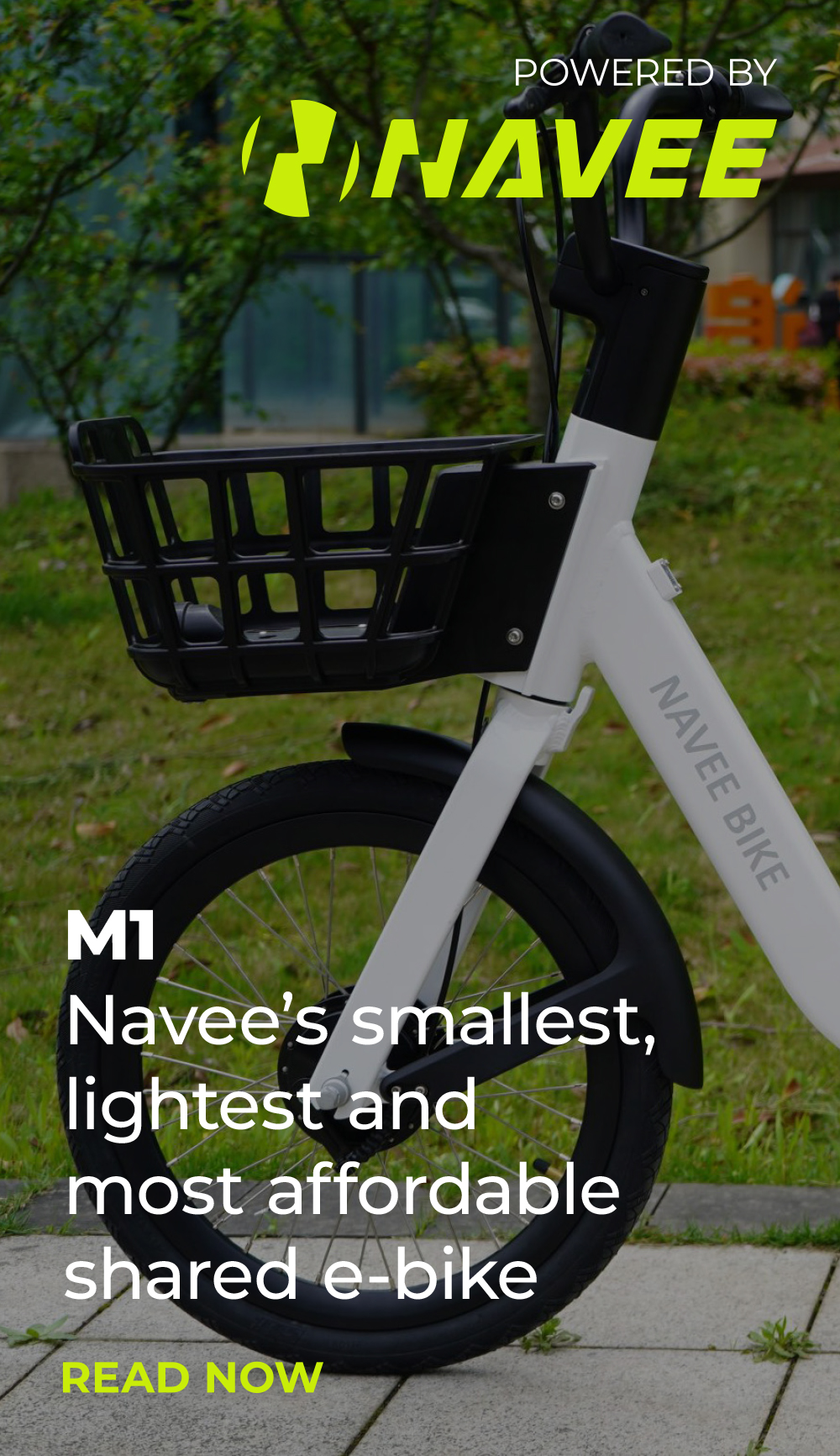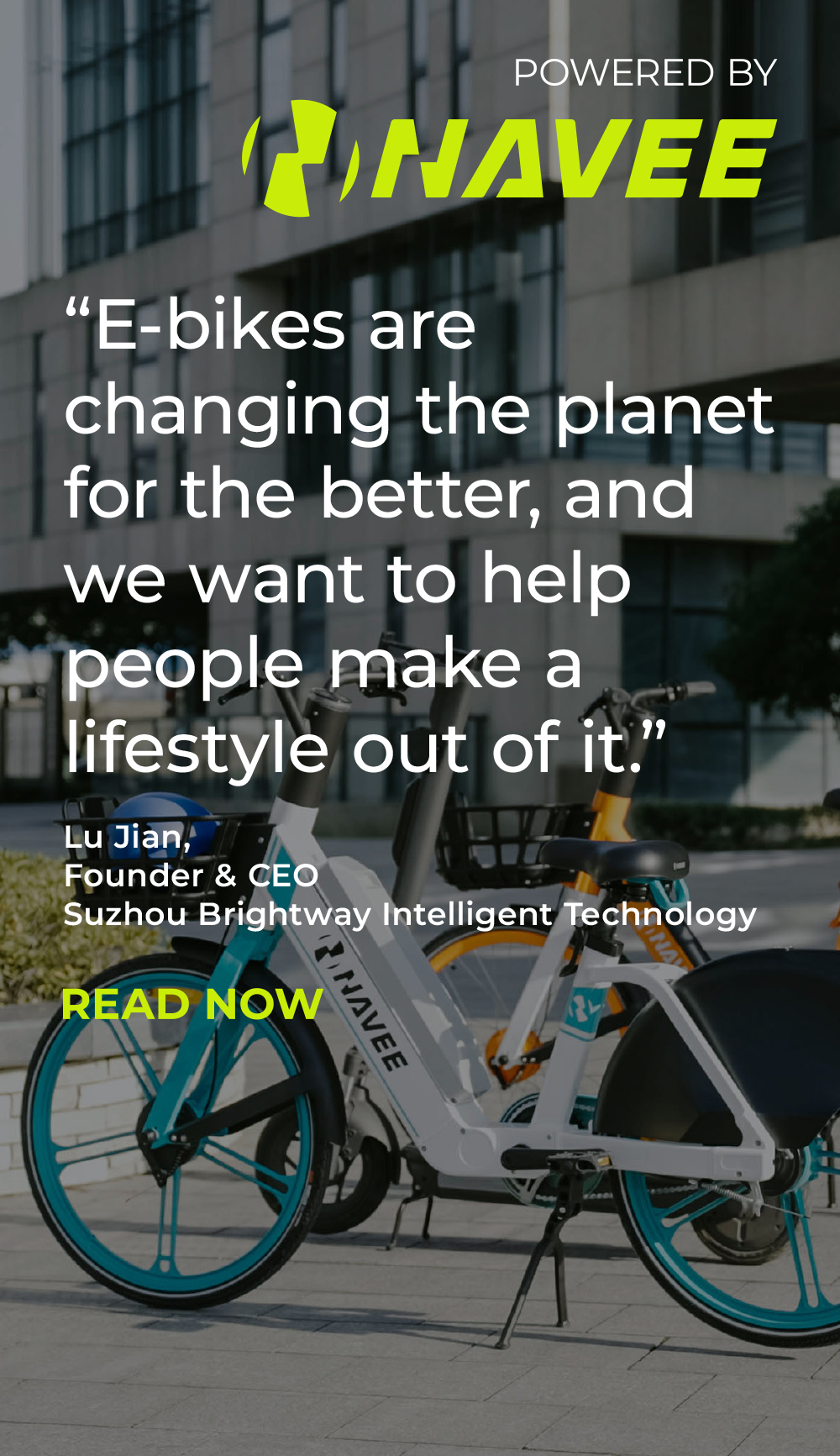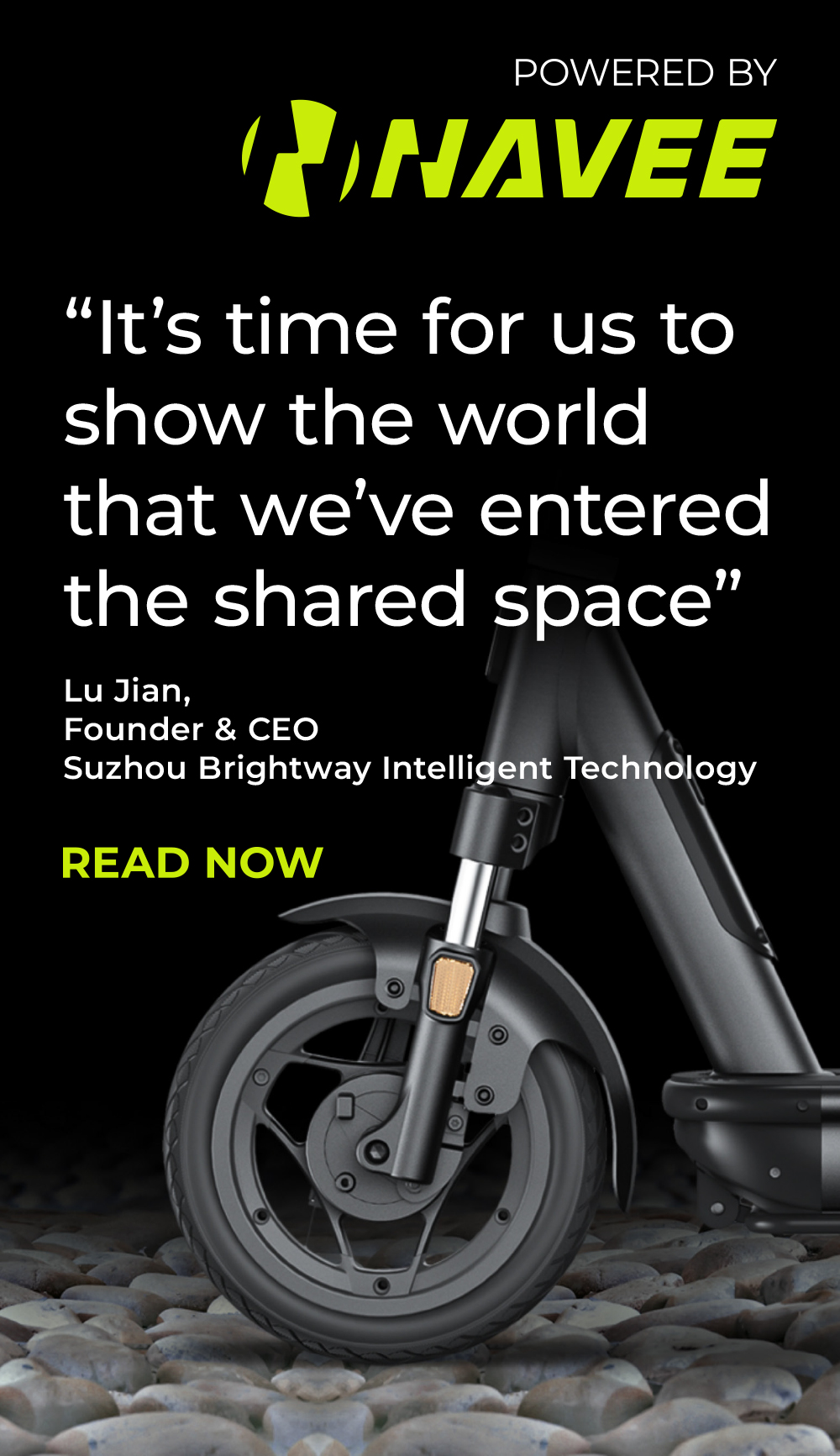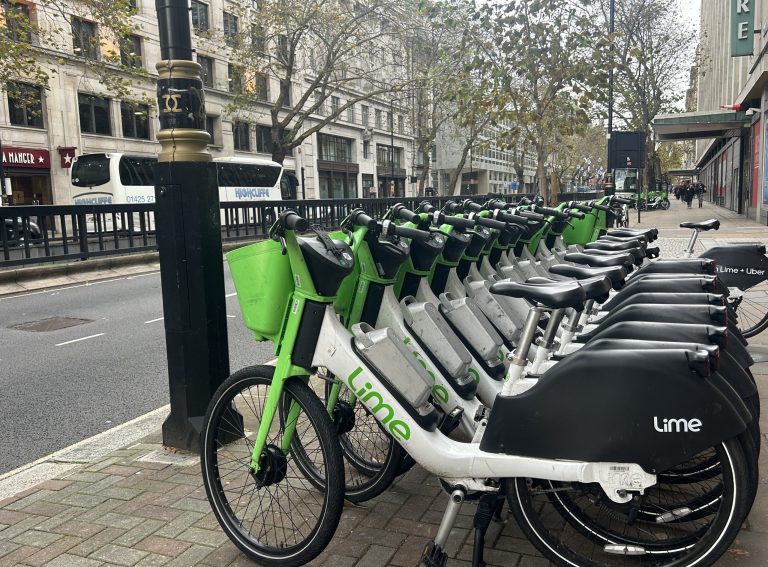Council leaders in Luton have decided to delay a planned shared e-scooter pilot, citing fears over public safety and enforcement.
According to an article at Luton Today, Ginger is in the hot-seat to provide a small-scale trial. The pilot was due to start with just 40 scooters and at least 10 parking hubs, rising to 200 scooters and 40 hubs after six months.
A procurement process had been run, with 11 submission received. A formal proposal has been prepared and was ready to be submitted to ministers for approval.
But then councillors voiced some fairly basic and backwards-looking concerns. The article says: “Labour Saints councillor Javed Hussain wondered what the maximum speed is of the e-scooters, where they would be charged and who pays for extra signage?”
“What’s to stop joyriders registering themselves, zooming all over the town and creating a public nuisance?” Hussain is quoted as asking. “Who pays for that enforcement? If there are injuries to pedestrians, who pays the compensation? This seems to be creating a problem for ourselves. It’s not a legal requirement from government.”
Another council member, David Franks, said: “I seriously suggest that this experiment should be postponed until you can confidently police and control what’s going on now.”
Perhaps most telling was this comment from the councillor responsible for planning and transport, Paul Castleman: “I personally don’t like them.”
Our take
This is puzzling.
The worries of the councillors have very straightforward answers. If you are one of these individuals, here they are:
- Enforcement is the job of the police, in the same way that dealing with bad driving is; but fleet operators are helping with initiatives such as public helplines, sophisticated driving-licence checks, and lots of in-person and in-app rider training to avoid mis-use in the first place
- Motoring-style insurance is provided by all e-scooter fleet operators, mandated by DfT
- Maximum speeds are limited to 15.5mph by the DfT but can be specified much lower by the council
- In UK trials, scooters either feature swappable batteries, so are “recharged” in situ, or they’re transported back to a central warehouse by the fleet operator to be plugged in
- Signage doesn’t need to be complex and can be provided by the fleet operator.
These are simple, simple questions with simple, simple answers, and should have been discussed well in advance of any procurement exercise, not at point of submitting the proposal to DfT. Trials are being conducted successfully up and down the country; there have been very few concerns raised, particularly on pilots of similar scale. And Ginger has plenty of experience now, as the operator that kicked off these types of trial back in July.
Sorry, Luton, but this exchange makes you look insular, afraid of progress and completely unaware of a world outside your town boundaries. RR






